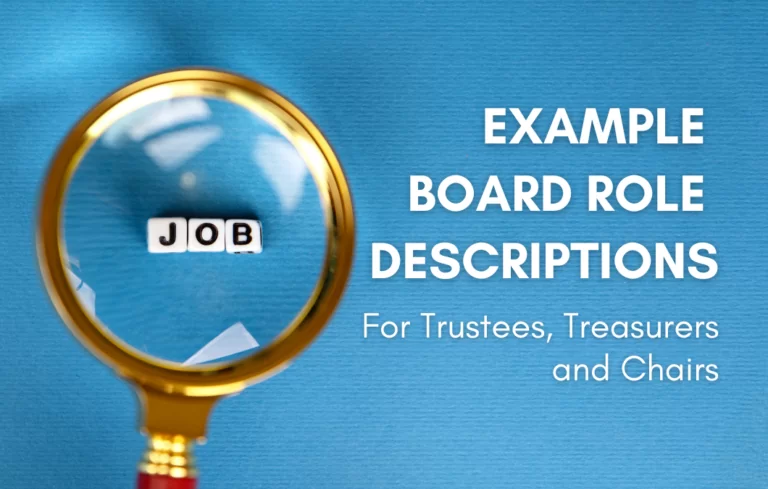Ten tips to make the most of your January Job Search
The new year is well and truly underway and we hate to use the quote ‘New Year, New Me’, but it can often be the case for many! January tends to be a time when we pause to look ahead and reflect on the changes we’d like to make for the forthcoming year. It is also the month that many companies see a surge in their hiring.
So, if you’re thinking of starting your job search, there really has never been a better time.
We have some tips to help structure your search, breaking it down into bite-sized tasks to help ensure maximum effectiveness and productivity, so you’re primed and ready when the right opportunity presents itself.
10 tips to help with your job search:
Getting Prepared
1. Ensure your CV is up to date
Focus on where you are now and what have you achieved in your career. Include any new skills learnt, knowledge gained, and perhaps new projects you have recently taken on. Our CV guide has loads of useful tips and advice that can help.
2. Take a look at your Linkedin profile
Is your profile up to date too? Maybe you don’t even have one? Well, many researchers and hiring managers use Linkedin as a tool to find out more about you in fact, 95% of recruiters are on LinkedIn looking for candidates. With the ability to showcase your skills and experience, put yourself in an employer’s shoes and imagine clicking on your profile for the very first time – is it all relevant, coherent and professional?
3. Upskill
Completing a course or qualification to enhance or learn a new skill relevant to your desired role acts as evidence on your CV that you want to stay up to date and are willing to use your own time to advance your professional development.
The Search Commences!
4. Register with job boards and agencies
Identify job boards and agencies that specialise in the sector you are searching. By registering your CV with job boards (such as Charity Job, Indeed, The Guardian, Third Sector), you can turn on job alerts to receive an instant notification when a new vacancy is uploaded. Many recruitment agencies, like us, have an insight into sectors and build close relationships with their clients, therefore it is in their best interest to put forward candidates most suitable for a role. Register your CV with them and if they are able to offer an informal chat, take it! They may be able to give you advice and even suggest roles that are suitable.
5. Research professional and sector-relevant events
Identify whether there are any online conferences, webinars or workshops that you could attend, now, or in the future. Not only could you learn something new, but they provide a great opportunity for networking.
6. Leverage social media
Social media can be used as a tool to search for vacant roles. By joining professional groups that frequently post opportunities, it will give you a head start over others. You could try searching ‘[industry] jobs’ and filtering your results by Groups. Recruitment agencies will also post roles on their social pages (we do!), so following them will also open up your search.
The Next Stage
7. Once you’ve found a potential role, research the company and industry
Try to find out as much as you can about the company by looking at their website, social media pages, even sign up to their newsletters. What exactly do they do and who are their customers and competitors? Have there been any big updates in the company? Take a look at their ‘latest news’ page. Combining this with up-to-date knowledge of the latest news and trends in the industry, will help you understand more about the role and provide you with information to talk about during an interview.
8. Get familiar with the role
Although this sounds obvious, we mean reeeally understand it so that when it comes to your interview you are prepared, have points to discuss and questions to ask. What areas would you be responsible for and where does the role sit within the company? If you have a job description, what areas do you think align with your strengths and what areas might you struggle with? What is the team dynamic?
9. Have some example answers lined up for an interview
There are a few questions that are commonly asked by interviewers such as ‘‘ why do you want to work here?’’, ‘‘ what are your strengths and weaknesses?’’ and ‘‘ tell us about a project or task that you are particularly proud of?’’ In advance of an interview, think about some specific examples you could give, which will help give you confidence and you won’t feel so on the spot! If you need help to prepare for an interview, check out our in-depth interview guide.
10. Finally, try not to put too much pressure on yourself
We know that the search process can be tiresome and in order for you to find an employer and job role that aligns with your values and skillset, you may have to go through a few unsuccessful applications. However, think of each rejection as a learning curve – what can you take away to improve the next application? If this is your first time applying for a job we have some further tips to help you get on the career ladder.







